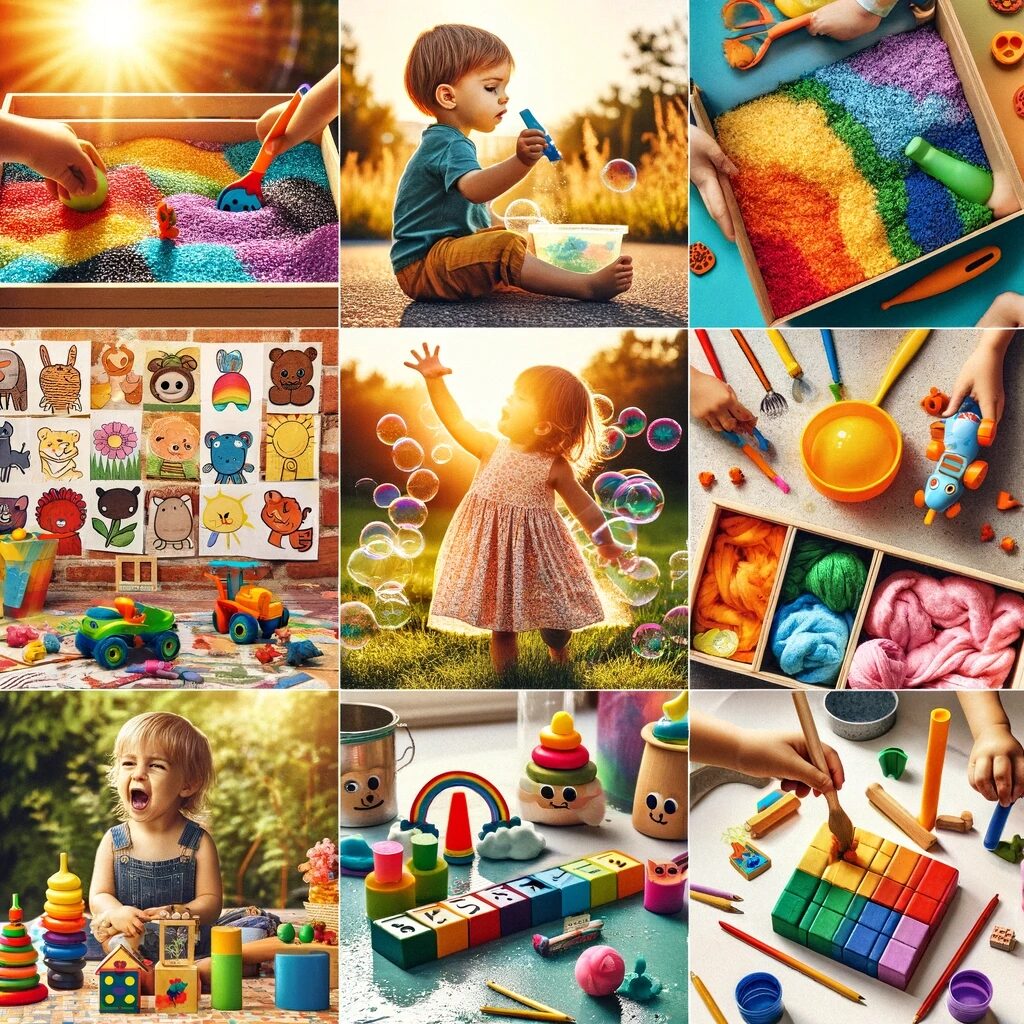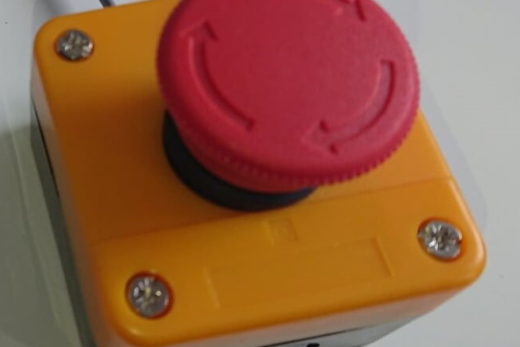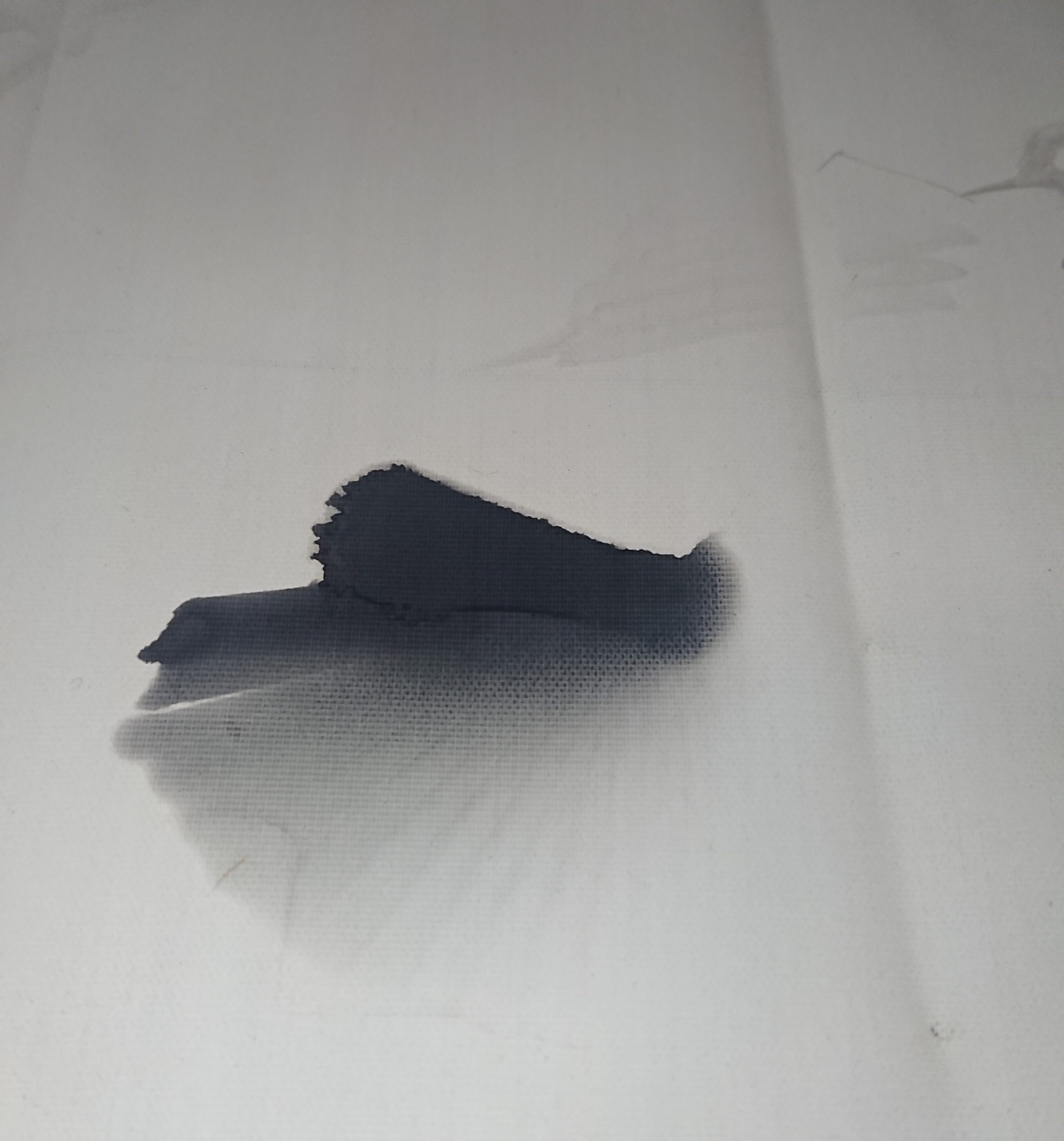
1. Sensory Bins
Create sensory bins with safe, non-toxic items of various textures. For example, fill a bin with dry rice, pasta, or beans and hide small toys inside for your toddler to find. This activity promotes sensory exploration and fine motor skills.
2. Homemade Playdough
Make your own playdough using flour, water, salt, cream of tartar, vegetable oil, and food coloring. Kneading and shaping playdough helps develop hand strength and coordination, and it’s a creative outlet for their imagination.
3. Bubble Blowing
Blowing bubbles is a simple yet mesmerizing activity for toddlers. It encourages them to practice their fine motor skills and hand-eye coordination as they try to catch or pop the bubbles.
4. DIY Musical Instruments
Create simple musical instruments, like a rice-filled water bottle shaker or a drum made from an upside-down pot and a wooden spoon. Making music together can be a joyful way to explore sounds and rhythms.
5. Nature Walks
Take a walk outside and encourage your toddler to observe and collect leaves, sticks, stones, or flowers. Discuss the colors, shapes, and textures of the items they find. This activity promotes curiosity about the natural world and develops language skills.
6. Story Time with Props
Read a favorite book together, but enhance the experience by using props related to the story. For instance, if you’re reading a book about animals, use stuffed animals as props. This makes story time more interactive and helps with comprehension and recall.
7. Art Projects
Engage in simple art projects using crayons, watercolors, or finger paints. Encourage free expression and creativity. Art activities are excellent for fine motor skills and can be a fun sensory experience.
8. Building Blocks
Use building blocks or other construction toys to create structures together. This activity can help with problem-solving skills, hand-eye coordination, and spatial awareness.
9. Water Play
Set up a water play area in a shallow basin or the bathtub. Add cups, spoons, and toys to pour, scoop, and splash. Water play is not only fun but also soothing and can teach basic concepts of physics like buoyancy and flow.
10. Puzzle Time
Introduce simple puzzles with large pieces that are easy for small hands to manipulate. Puzzles are great for cognitive development, problem-solving skills, and hand-eye coordination.
Remember to always supervise your toddler during these activities to ensure they are safe and enjoyable. Tailor the activities to your toddler’s interests and developmental stage for the best experience.



